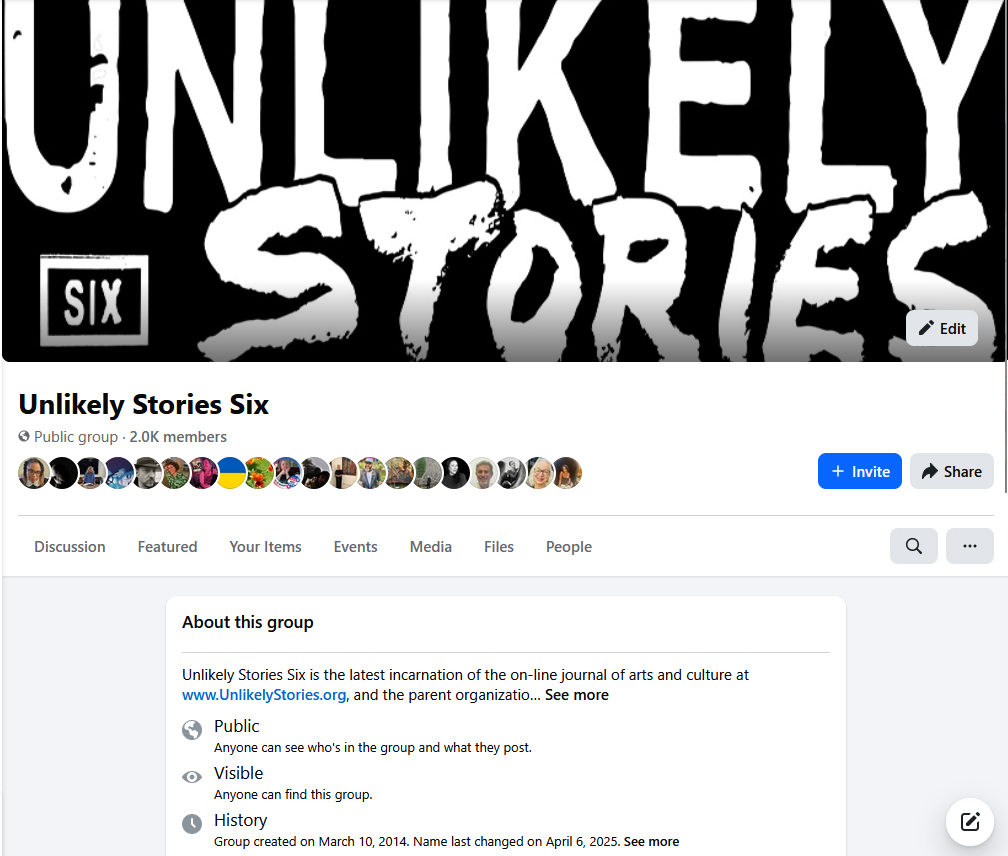a counterapology to Stay: A History of Suicide and the Philosophies Against It by Jennifer Michael Hecht
My life stopped on the afternoon of October 24, 2023. I am forever on the phone with my ex-wife, hearing the news. I am consistently astounded when I hear of more recent deaths by suicide, since it does not seem possible that the practice has continued in a world separate from myself. I was utterly flabbergasted when I read the biographical note of another poet who said that her child’s 2024 suicide motivated her to anti-suicide activism. How could a parent have lost their child to suicide more recently than I did? How could said parent ever find anything resembling purpose ever again?
I do not believe I’ve lost my last friend to suicide. I imagine I will suffer acutely for these future suicides, that I will mourn them more acutely, now that I’ve lost my daughter. But I also suffer at the suicide of strangers; I suffer to read of the mom motivated to activism. The unfairness of it rattles me, intellectually and emotionally.
Michaela’s suicide increased my already notable suicidal thoughts. Of course it is impossible to go on without her. I have a wonderful seven-year-old daughter in my current and very happy marriage; I have reasons to live, and count them assiduously. Alas, despite the Book of Job, children are not fungible, and the wound will remain open for the rest of my life. The pain will persist, and might always effect the suicidality of my thinking.
Please don’t read this and call a crisis line. I have a support network of people who care about me. I have an excellent psychiatrist, who has been treating my bipolar disorder for years, and a new and clever therapist who attentively sees me regularly. This may be a plea for understanding, but it is not a cry for help; I get plenty of help.
I describe this to describe my relationship to Stay. If I am more tolerant of Stay’s central argument now than I was in 2013, it is not because I find it more reasonable, but simply that I am older, calmer, and better-medicated.
At the same time, I know—indeed, I always knew—my hostility to Stay was never entirely fair. Oh, maybe it’s fair to roll my eyes at the jacket copy by Billy Collins and David Lehman, or the Yale University Press pedigree. And yes, I absolutely feel there are things the book lacks. But this is an earnest and sincere book, well-organized and readable, about a subject that is fundamentally impossible to approach well. Hecht deserves my respect, though she has not earned (and certainly doesn’t need) my support.





Comments
Tobey Hiller (not verified)
JoaniJoaniJoani... (not verified)
Regina Rheda (not verified)
Add comment